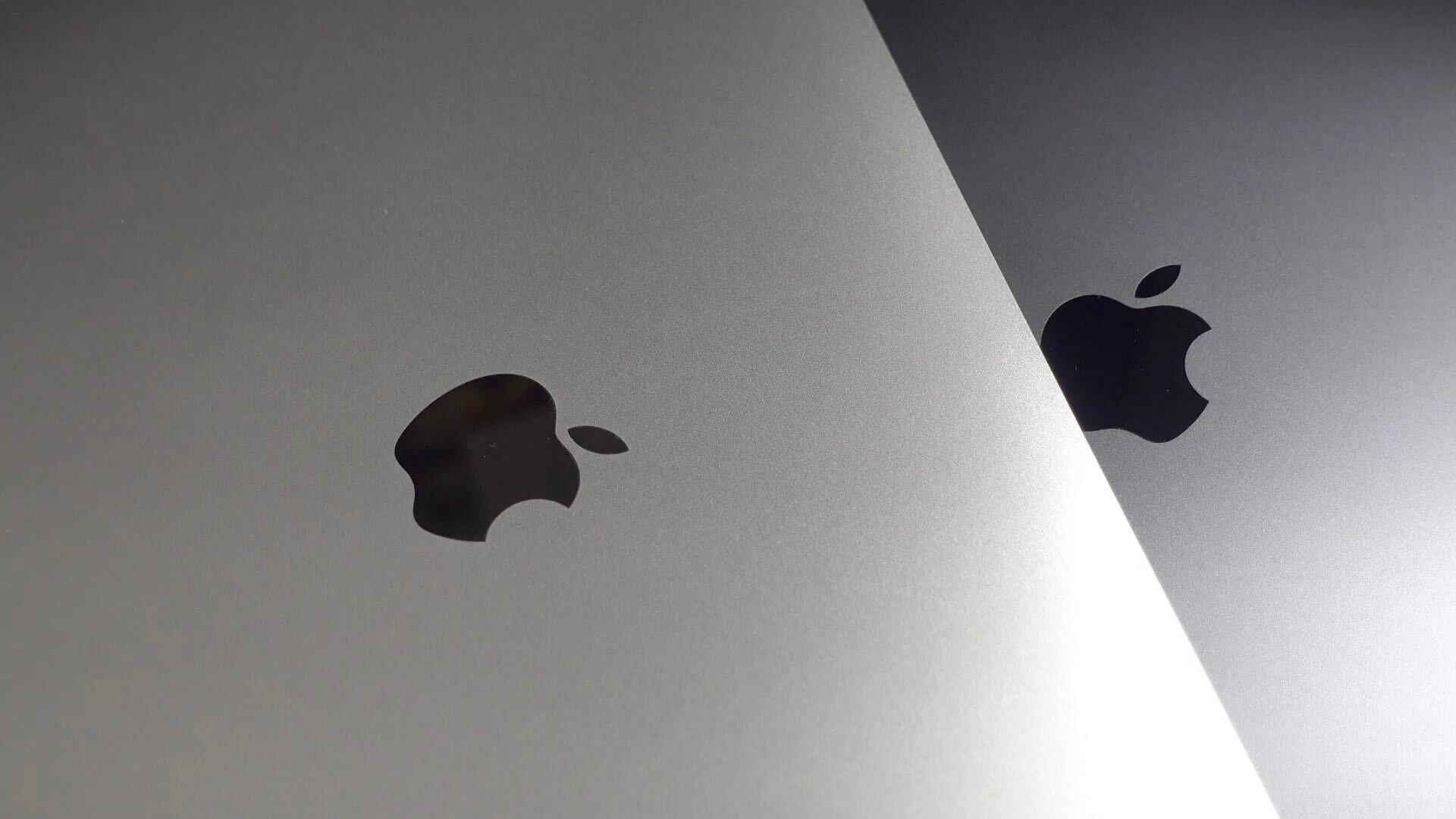
While some may argue that HomePod will fail in the market due to Siri’s performance compared to other voice assistants, many seem to discount the value of a smart speaker focused on high end sound quality. From the start, Apple has positioned HomePod as audio fidelity first, everything else second.
Based on a recent Reddit thread from r/audiophile, Apple has delivered on its hi-fi promise. Just like Apple has been praised for its displays on iPhones, iPads and Macs for being best-in-class and tuned to look true-to-life, the HomePod appears to be Apple showing off how it can use its audio engineering expertise to push the best performance out of a small music speaker…
The Redditor who experienced HomePod in person had this to say after listening to “Hotel California” by The Eagles as a sample track:
The HomePods are tuned for an as-true-to-recording sound. When the song calls for it, there is bass. When the song turns to crystal clear highs, they are reproduced faithfully.
HomePod tech specs highlight Apple’s use of an “internal low-frequency calibration microphone for automatic bass correction” which sounds like what is at play here.
For anyone who’s remotely interested in high-end audio, “Hotel California” has become the self-proclaimed industry standard for testing audio equipment. The song is known for its instrument separation and neutrality. If you haven’t heard the track before, this is a good track to test imbalances in your headphones or speakers.

But it doesn’t stop there. Sound quality is no good if you can’t hear it. The Redditor shares that as you walk away, while it does get quieter, detail is not noticeably lost.
There was no feeling of walking out of the sweet spot that you get with a normal speaker. And that’s when it hit me… Apple really has done it.
The tester goes on to say that Apple’s $349 speaker will “slaughter” most bookshelf speakers that are under $1,000 and blows all smart speakers out of the water in terms of sound quality. From someone proclaiming to be an audio expert, that has promise.
Frankly, this has me questioning my reference studio monitor speakers, which I use for all my TV audio for superior sound reproduction. Unfortunately, unless Apple opens up Bluetooth, HomePod will be used exclusively via my Apple TV over AirPlay in this scenario.

For a company that has a deep love for music, it’s surprising Apple took this long to come out with a speaker that can actually compete in the audio market — short lived iPod Hi-Fi aside. As long as the hardware is there, the software (i.e. Siri) can (and likely will) improve over time as Zac has described.
Quality speakers are meant to be investments, and HomePod has potential to evolve through software while offering quality audio output from day one. There’s not much you can do to improve a bad speaker (i.e. Amazon Echo) through software, however.
For me, I currently have a total of three HomePods on order. Two of these will be used in the same room — waiting to be used as a stereo pair for my Apple TV when AirPlay 2 arrives later this year.

HomePod is the first technology product in a long time that I’ve personally been genuinely excited for, especially as someone obsessed with sound.
AirPods were the first step into a truly wireless world, with some amazing software features in place, but excellent audio reproduction isn’t exactly their key selling point. For HomePod, high fidelity audio reproduction is the product’s number one reason for existing.
HomePod marks Apple’s first step into the premium audio speaker world, and the future is looking bright for audio enthusiasts given Apple’s expertise in cranking the best experience out of its hardware.
Check out 9to5Mac on YouTube for more Apple news:
FTC: We use income earning auto affiliate links. More.





Comments